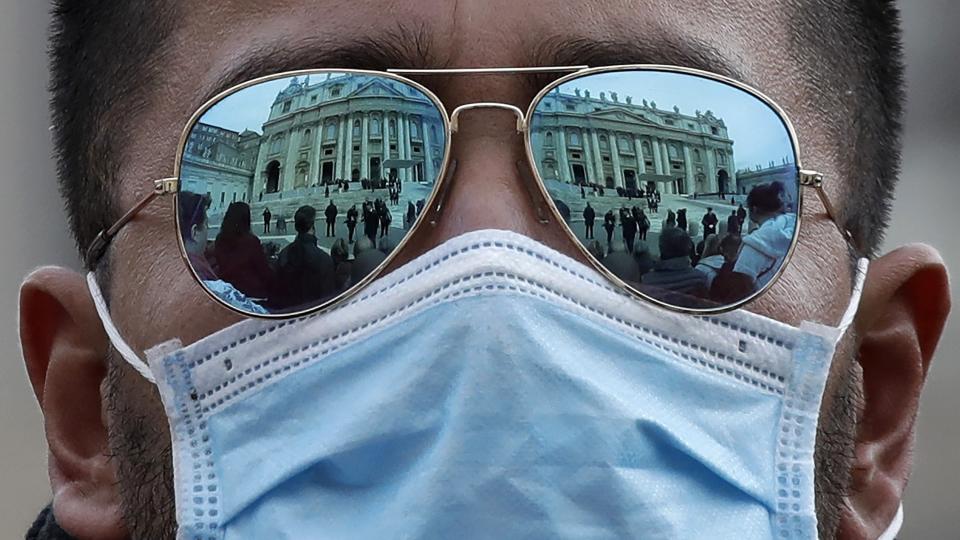NHS trust urges staff to shave beards so masks fit in coronavirus fight
NHS staff have been asked to shave their beards to allow masks to fit more securely in a bid to limit the spread of coronavirus.
Bosses at Southampton University NHS Trust sent a mass email to tackle a “known problem” with ill-fitting masks on hairy faces.
Medical director Derek Sandeman attached an image with 36 different kinds of facial hair showing if they are acceptable or not based on whether they fit inside a mask.
Small, pencil-type moustaches such as the “Zorro” and “Painter’s Brush” are allowed, but fuller growths including “mutton chops” and the “chin curtain” are out, according to the image.
However, staff with beards for religious or cultural reasons are exempt.

The memo states: “You will see that the presence of facial hair compromises the ability to protect any individual through a mask.
“I am writing to ask those who do not have a strong cultural or religious reason for a beard and who are working in at-risk areas to consider shaving.
“I recognise for some this is a big ask, that beards are so popular at present. However I do believe this is the right thing to do.”
Public Health England and NHS England have been contacted to see if the guidance will be issued to hospitals nationally or if it is a matter for individual trusts.
The attached image was originally produced by the US-based Centres for Disease Control and Prevention and does not relate specifically to coronavirus.
The trust said it has been widely shared by infection experts on social media.
According to the Health and Safety Executive, stubble and beards “make it impossible to get a good seal of the mask to the face”.
Guidance on its website says: “Many masks rely on a good seal against the face so that when you breathe air in, it is drawn into the filter material where the air is cleaned. If there are any gaps around the edges of the mask, ‘dirty’ air will pass through these gaps and into your lungs.
“If you are clean-shaven when wearing tight-fitting masks (ie those which rely on a good seal to the face), this will help prevent leakage of contaminated air around the edges of the mask and into your lungs.”

 Yahoo Movies
Yahoo Movies 



